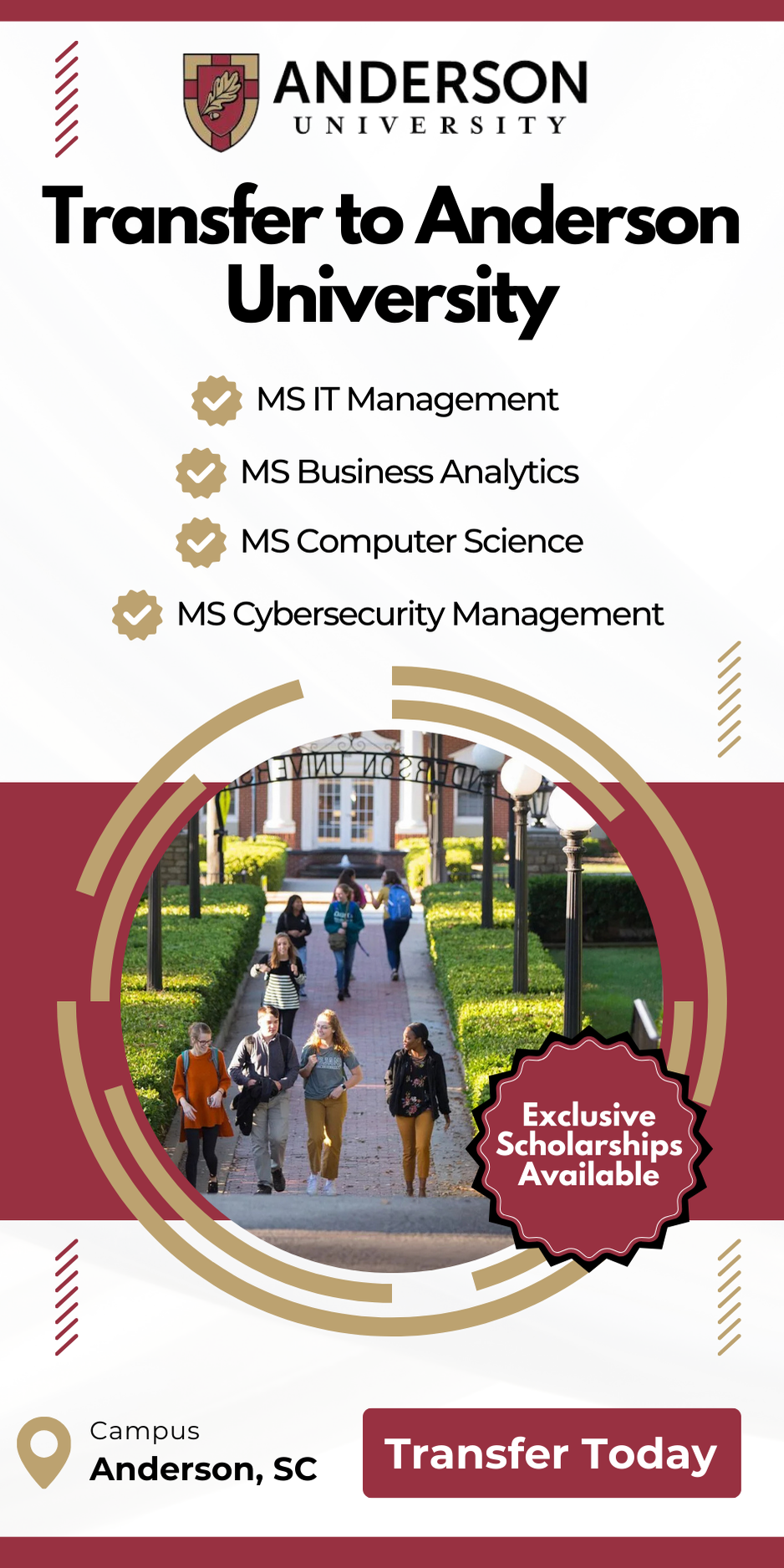Overview
Securing an H-1B visa is a pivotal step for many professionals aiming to work in the United States. A fundamental requirement for this visa is that the job position qualifies as a “specialty occupation.” Understanding and meeting the specialty occupation criteria is essential for employers and prospective employees to ensure a successful H-1B petition.
What Constitutes a Specialty Occupation?
According to the U.S. Citizenship and Immigration Services (USCIS), a specialty occupation requires the theoretical and practical application of a body of highly specialized knowledge. Entry into the occupation requires a bachelor’s or higher degree in a specific specialty (or equivalent).
Fields that typically qualify as specialty occupations include:
- Sciences: Chemistry, Biology, Physics
- Engineering: Electrical, Mechanical, Civil
- Information Technology: Software Development, Systems Analysis
- Mathematics: Statistics, Applied Mathematics
- Business Specialties: Accounting, Finance
- Medicine and Health: Physicians, Physical Therapists
- Education: College Professors, Educational Administrators
Criteria for Specialty Occupation
To determine if a position qualifies as a specialty occupation, it must meet at least one of the following criteria:
- Degree Requirement: The minimum entry requirement for the position is normally a bachelor’s or higher degree in a specific field.
- Industry Standard: The degree requirement is common in the industry for parallel positions or jobs that are so complex or unique that they can only be performed by an individual with a degree.
- Employer’s Requirement: The employer typically requires a degree or equivalent.
- Specialized Duties: The specific duties are so specialized and complex that the knowledge required to perform them is usually associated with a bachelor’s or higher degree.
It’s important to note that simply requiring a degree is insufficient; the degree must be in a field directly related to the job duties.
Demonstrating Qualification for a Specialty Occupation
For a successful H-1B petition, it’s crucial to provide evidence that both the position and the beneficiary meet the specialty occupation requirements. This can include:
- Detailed Job Description: Clearly outline the duties and responsibilities, emphasizing the specialized knowledge required.
- Educational Credentials: Provide diplomas, transcripts, and relevant certifications verifying the beneficiary’s qualifications.
- Expert Opinions: Letters from industry experts or professional associations attest to the necessity of a degree in the specific field for the position.
- Employer’s Hiring Practices: Documentation showing the employer has a history of requiring degrees for similar positions.
Common Challenges and How to Overcome Them
One of the primary challenges in H-1B petitions is establishing that the position qualifies as a specialty occupation, especially for roles that do not explicitly require a specialized degree. To address this:
- Align Job Duties with Degree Requirements: Ensure the job description correlates with the specialized field of study.
- Provide Industry Comparisons: Demonstrate that similar organizations require a degree for comparable positions.
- Highlight Specialized Skills: Emphasize any unique skills or knowledge that the position demands, which are typically acquired through advanced education.
Recent Trends and Considerations
The interpretation of what constitutes a specialty occupation can evolve with changes in policy and adjudication trends. It’s essential to stay informed about the latest USCIS guidelines and seek expert legal advice when preparing an H-1B petition. Employers should also be ready for potential requests for evidence (RFEs) and have thorough documentation to support their case.
People Also Ask (PAA)
- What is an H-1B specialty occupation?
- An H-1B specialty occupation requires applying specialized knowledge and a bachelor’s or higher degree (or its equivalent) in the specific field as a minimum entry requirement.
- Which fields are considered specialty occupations for H-1B visas?
- IT, engineering, mathematics, physical sciences, business specialties, and healthcare are commonly recognized as specialty occupations.
- Can experience substitute for a degree in H-1B specialty occupations?
- Extensive specialized experience and training can sometimes be equivalent to a degree, depending on USCIS evaluation.
- How can employers prove a position is a specialty occupation?
- Employers can provide detailed job descriptions, industry standards, and evidence of requiring specific degrees for the role to demonstrate it as a specialty occupation.
- Is a general degree acceptable for an H-1B specialty occupation?
- No, the degree must be directly related to the position’s job duties.
- Do all IT positions qualify as specialty occupations?
- Not necessarily. The position must require specialized knowledge and a relevant bachelor’s degree as a minimum.
- Can a position without a degree requirement qualify for H-1B?
- Generally, a bachelor’s degree in a specific field is required, but equivalent experience and training may be considered in some cases.
- What documentation is needed to support an H-1B specialty occupation claim?
- Documentation may include detailed job descriptions, beneficiary’s educational credentials, expert opinion letters, and evidence of industry standards.
- How does USCIS evaluate if a job is a specialty occupation?
- USCIS assesses whether the job duties are specialized and complex enough to require a bachelor’s degree or higher in a specific field
- What happens if an H-1B petition is denied due to specialty occupation issues?
- If an H-1B petition is dismissed because the job does not meet the specialty occupation criteria, the employer or employee may file a motion to reopen or appeal with the Administrative Appeals Office (AAO). Alternatively, they can reapply with more substantial evidence in the next application cycle.
Final Thoughts
Meeting the H-1B specialty occupation criteria is crucial for a successful visa application. To establish eligibility, employers and applicants must carefully document job responsibilities, educational requirements, and industry standards. As USCIS scrutiny increases, having a well-prepared petition with detailed justifications and supporting evidence can significantly improve approval chances.
Understanding specialty occupation requirements is essential for international students and professionals aiming to transition from Day 1 CPT or OPT to an H-1B visa. Consulting with immigration attorneys or legal experts can provide additional guidance and help you navigate complex cases effectively.

